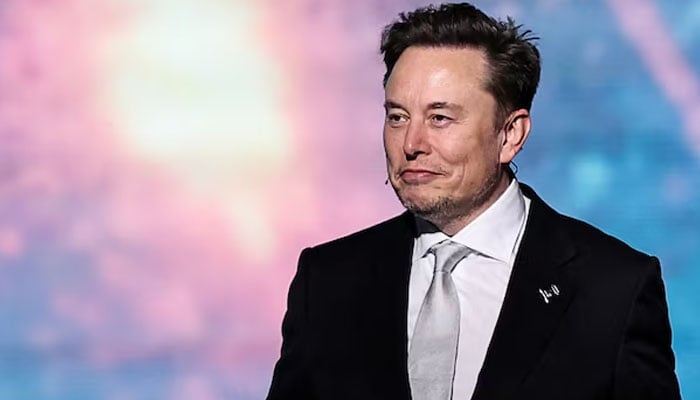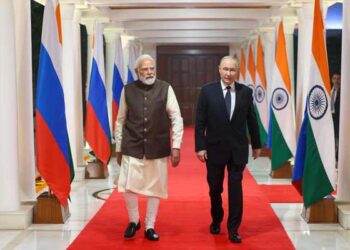Select Language:
Elon Musk’s Starlink Granted License for Commercial Operations in India
Elon Musk’s Starlink has officially received authorization to launch its commercial services in India from the country’s telecom ministry, as reported by two sources to Reuters on Friday. This marks a significant milestone for the satellite internet provider, which now needs to demonstrate compliance with national security regulations.
This approval is a positive development for Musk, especially considering ongoing tensions with former President Donald Trump, which have put $22 billion worth of SpaceX contracts and related government projects at risk.
Starlink becomes the third company to obtain a license from India’s Department of Telecommunications, following Eutelsat’s OneWeb and Reliance Jio, both of which have also been cleared to operate in India.
Neither Starlink nor the Department of Telecommunications responded immediately for comments.
The approval comes after Musk’s meeting with Prime Minister Narendra Modi during a recent visit to the United States, where they discussed the long-delayed launch plans for Starlink and India’s apprehensions regarding security protocols.
Starlink has been waiting since 2022 for licenses to operate in India. Although this approval clears a vital hurdle, the company still has several obstacles before it can commence commercial services.
In addition to the current approval, Starlink requires another license from India’s space regulator, which a source familiar with the situation indicated is "close" to being secured. The company must also prove it meets security requirements through extensive testing and trials.
"This process will take at least a couple of months, and it’s going to be thorough," noted one of the sources. Only after receiving a green light from Indian security officials will Starlink be able to market its equipment and services to customers.
In an unexpected turn of events, Indian telecom giants Jio and Bharti Airtel announced a partnership with Musk in March to offer Starlink equipment in their retail locations, although they will continue to compete in providing broadband services.
Musk and billionaire Mukesh Ambani of Jio had been at odds for months over how India should allocate spectrum for satellite services. Ultimately, the Indian government sided with Musk’s view that the spectrum should be assigned rather than auctioned.
In May, the country’s telecom regulator proposed that satellite service providers contribute 4% of their annual revenue to the government as a fee for providing services. Local players have criticized this as "unjustifiably low," arguing it could jeopardize their businesses.
Deloitte projects that India’s satellite broadband service market could reach $1.9 billion by 2030, making it a lucrative opportunity for entities like Starlink and Amazon’s Kuiper, which is still awaiting its own license.






